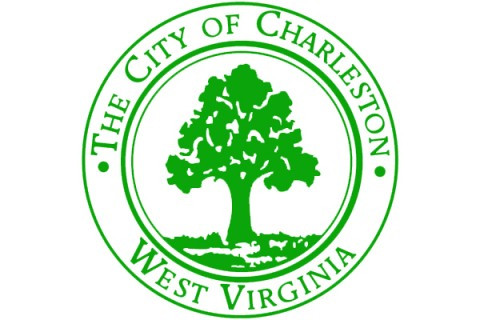City Council Approves Funding for Major City Initiatives
During tonight’s Charleston City Council meeting, several measures were passed as part of General Fund Budget Amendment No. 5. Many of these measures allocated monies from the Unassigned Fund Balance and the Water Crisis Settlement to projects outlined in Mayor Amy Shuler Goodwin’s State of the City address on January 6. This amendment will also allocate money to the City’s Rainy Day Fund and provide funding for a Contingency Fund and Land Reuse Agency Fund.
“The passage of Budget Amendment No. 5 sets in motion some of the priorities I spoke about in the State of the City address,” said Mayor Amy Shuler Goodwin. “The funding allocated tonight will improve infrastructure and public safety, aid small businesses and help bring visitors to our Capital City.”
Projects that will receive funding through this budget amendment include:
- Creation of a Business Economic Impact Fund that dedicates substantial funding toward helping businesses with things like facade grants, micro grants, sidewalk repairs, and other project-based needs.
- The rebranding and marketing of Charleston and its critical assets to grow travel and tourism to the Capital City.
- Continued demolition and paving efforts.
- Investing in sports tourism by purchasing sports courts and basketball hoops.
- Creation of a kayak launch on the Elk River—expanding recreational opportunities.
- Repairing lights along the Kanawha Boulevard.
- Purchasing additional body cameras and the equipment necessary to keep them up to date and charged for the Charleston Police Department.
- Creation of a Community Partnership Grant Program that allows members of Charleston City Council to give grants to non-profit organizations they believe will create a significant impact in their wards.
Budget Amendment No, 5 also allotted money to cover the agreement between the City of Charleston and Charleston Professional Firefighters Local 317 that addressed back-payment discrepancies for the way firefighters had been paid for holidays since 2011.





